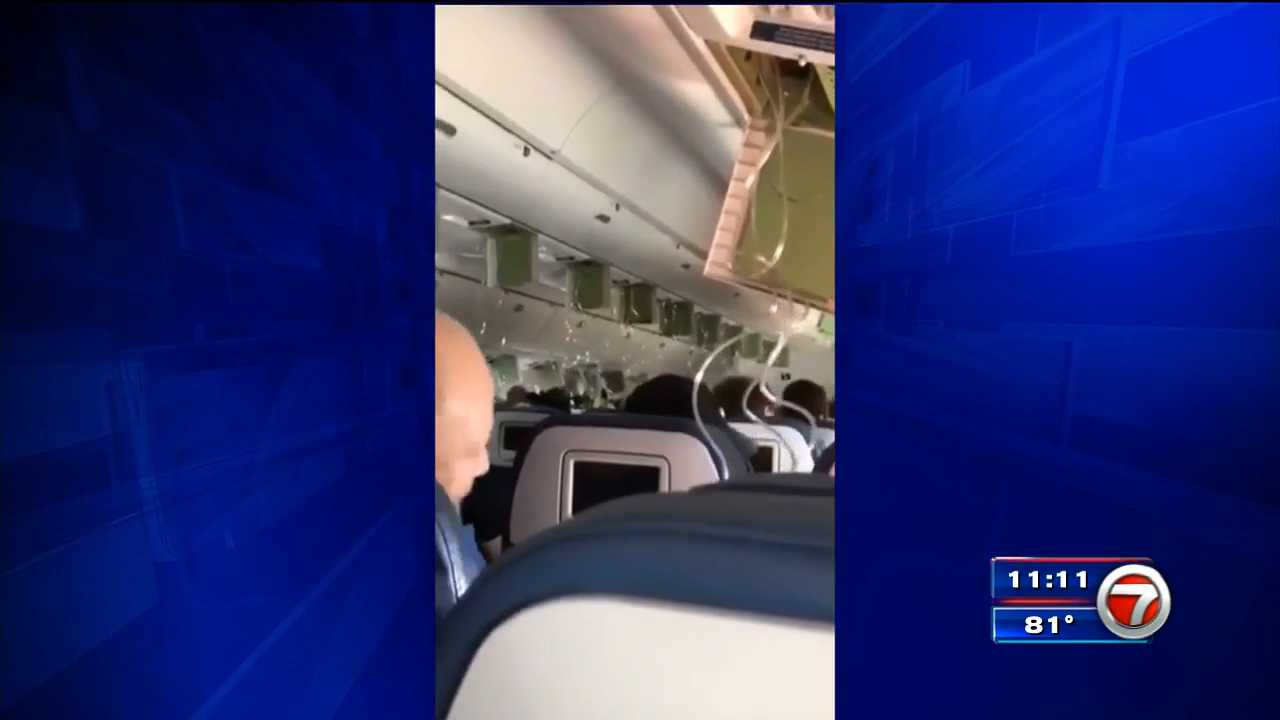Food Spoilage and Safety Concerns
Delta flight diverted spoiled food – Spoiled food on Delta flights poses potential health risks to passengers, ranging from mild discomfort to severe foodborne illnesses. The consumption of contaminated food can lead to symptoms such as nausea, vomiting, diarrhea, abdominal pain, and fever. In severe cases, food poisoning can result in hospitalization or even death.
Delta flight diverted spoiled food news stirred concern. It is important to stay updated about health issues like covid 19 flirt symptoms to prevent illness. Amidst these concerns, Delta flight diverted spoiled food incident serves as a reminder of the importance of food safety and hygiene, especially during travel.
Frequency of Food-Related Incidents
Data from the Centers for Disease Control and Prevention (CDC) indicates that food-related illnesses on commercial flights are relatively rare. However, there have been several notable incidents involving Delta flights in recent years.
The news of the Delta flight being diverted due to spoiled food was a stark reminder of the risks associated with food safety. In a similar vein, the recent closures of Massachusetts beaches due to high levels of bacteria highlight the importance of public health measures.
Just as spoiled food can pose a threat to the health of airline passengers, contaminated water can endanger beachgoers. The Delta flight incident and the Massachusetts beach closures serve as wake-up calls for vigilance in ensuring the safety of our food and environment.
- In 2019, over 200 passengers on a Delta flight from Atlanta to Los Angeles experienced gastrointestinal symptoms after consuming contaminated chicken.
- In 2021, a Delta flight from New York to Paris was diverted after several passengers fell ill due to suspected food poisoning.
Root Causes and Prevention Measures: Delta Flight Diverted Spoiled Food
Food spoilage on Delta flights can stem from various causes, including supply chain disruptions, inadequate storage conditions, and improper food handling practices. To address these issues, Delta has implemented several measures to prevent food spoilage, such as enhanced temperature control, improved packaging, and comprehensive staff training.
Supply Chain Management
- Delta collaborates closely with suppliers to ensure the timely delivery of fresh and perishable food items.
- The airline utilizes advanced inventory management systems to optimize stock levels and minimize the risk of spoilage due to overstocking.
- Delta has established contingency plans to mitigate supply chain disruptions caused by unforeseen events, such as weather conditions or supplier delays.
Storage and Temperature Control
- Delta employs state-of-the-art refrigeration and temperature-controlled storage facilities at its hubs and airports.
- Food items are stored at optimal temperatures throughout the supply chain, from the supplier to the aircraft.
- Delta utilizes specialized equipment, such as insulated containers and temperature monitoring devices, to maintain food quality during transportation and storage.
Food Handling Practices
- Delta provides comprehensive training to its staff on proper food handling practices, including food safety regulations, hygiene protocols, and temperature control.
- The airline has implemented strict guidelines for food preparation, storage, and serving to minimize the risk of contamination and spoilage.
- Delta conducts regular audits and inspections to ensure compliance with food safety standards and to identify areas for improvement.
Recommendations for Further Improvements, Delta flight diverted spoiled food
- Delta should continue to invest in innovative technologies, such as real-time temperature monitoring systems, to enhance food safety and quality control.
- The airline could explore partnerships with food safety experts to conduct independent audits and provide ongoing guidance on best practices.
- Delta should consider implementing customer feedback mechanisms to gather insights into food quality and identify areas for improvement.
Communication and Customer Response

Delta’s communication strategy in handling food spoilage incidents has been generally effective in addressing passenger concerns and maintaining brand loyalty. The airline typically follows a structured approach that involves timely passenger notifications, sincere apologies, and appropriate compensation.
Upon discovering food spoilage, Delta promptly notifies affected passengers through in-flight announcements and individual apologies. The airline also provides regular updates on the situation, including the cause of the spoilage and the steps being taken to resolve it. This transparency and proactive communication help build trust and reassure passengers that their concerns are being taken seriously.
Passenger Notifications
Delta’s passenger notifications are clear, concise, and delivered in a timely manner. The airline uses multiple channels to reach passengers, including in-flight announcements, text messages, and emails. This ensures that all affected passengers are informed as quickly as possible.
Apologies and Compensation
Delta’s apologies are sincere and empathetic. The airline acknowledges the inconvenience and discomfort caused by the food spoilage and expresses genuine regret. In addition to apologies, Delta offers compensation to affected passengers in the form of meal vouchers, flight credits, or other perks. This gesture of goodwill helps mitigate the negative impact of the incident and shows that the airline values its customers.
Suggestions for Improvement
While Delta’s communication strategy is generally effective, there are a few areas where improvements can be made. One suggestion is to provide more detailed information about the cause of the food spoilage. This would help passengers understand the root of the problem and reassure them that steps are being taken to prevent similar incidents in the future.
Another suggestion is to offer more personalized compensation to affected passengers. Instead of providing a standard meal voucher or flight credit, Delta could tailor the compensation to the individual passenger’s needs and preferences. This would demonstrate that the airline is genuinely committed to making things right.
